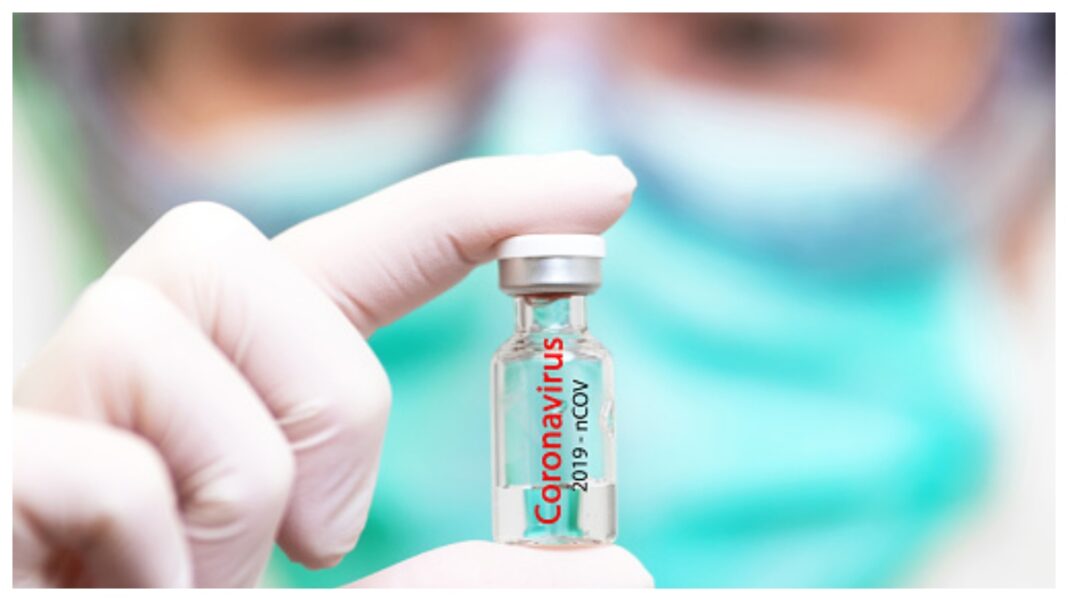UNITED STATES: Pfizer Inc., an American multinational pharmaceutical corporation has recently launched a pilot delivery program for its COVID-19 vaccine in four U.S. states ; Rhode Island, Texas, New Mexico, and Tennessee were selected for the vaccine distribution program.
The overall size, diversity of populations, and immunization infrastructure were taken into account during the selection process.
Challenges of the COVID-19 vaccine
The U.S. drugmaker is aiming to address distribution challenges. Interestingly, the COVID-19 vaccine requires to be stored in ultra-cold conditions.
The vaccine must be shipped and stored at -70 degrees Celsius (minus 94°F). Due to this, the pharmaceutical incorporation is facing distribution challenges.
In a statement, Pfizer said, “We are hopeful that results from this vaccine delivery pilot will serve as the model for other U.S. states and international governments, as they prepare to implement effective COVID-19 vaccine programs.”
The company is expecting to have enough safety data on the vaccine from the ongoing large scale trials by the third week of November.
After that, the company will proceed to apply for emergency use authorization (EUA).
Pfizer and its partner company BioNTech have a $1.95 billion deal to supply 100 million doses of the vaccine to the U.S. government.
Meanwhile, the government has an option to acquire up to an additional 500 million vaccine doses.
On Monday, Pfizer’s rival company Moderna Inc. claimed that its experimental vaccines were 94.5% effective in preventing COVID-19.
Pfizer and Moderna vaccines use a new technology called ‘synthetic messenger RNA’ to activate the immune system against the COVID-19 virus.



